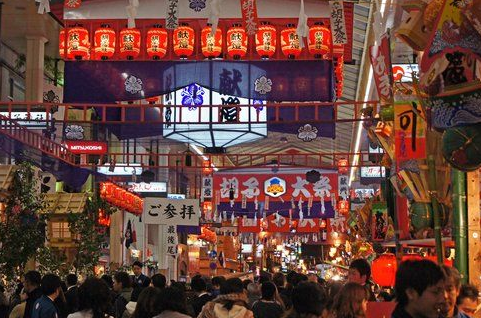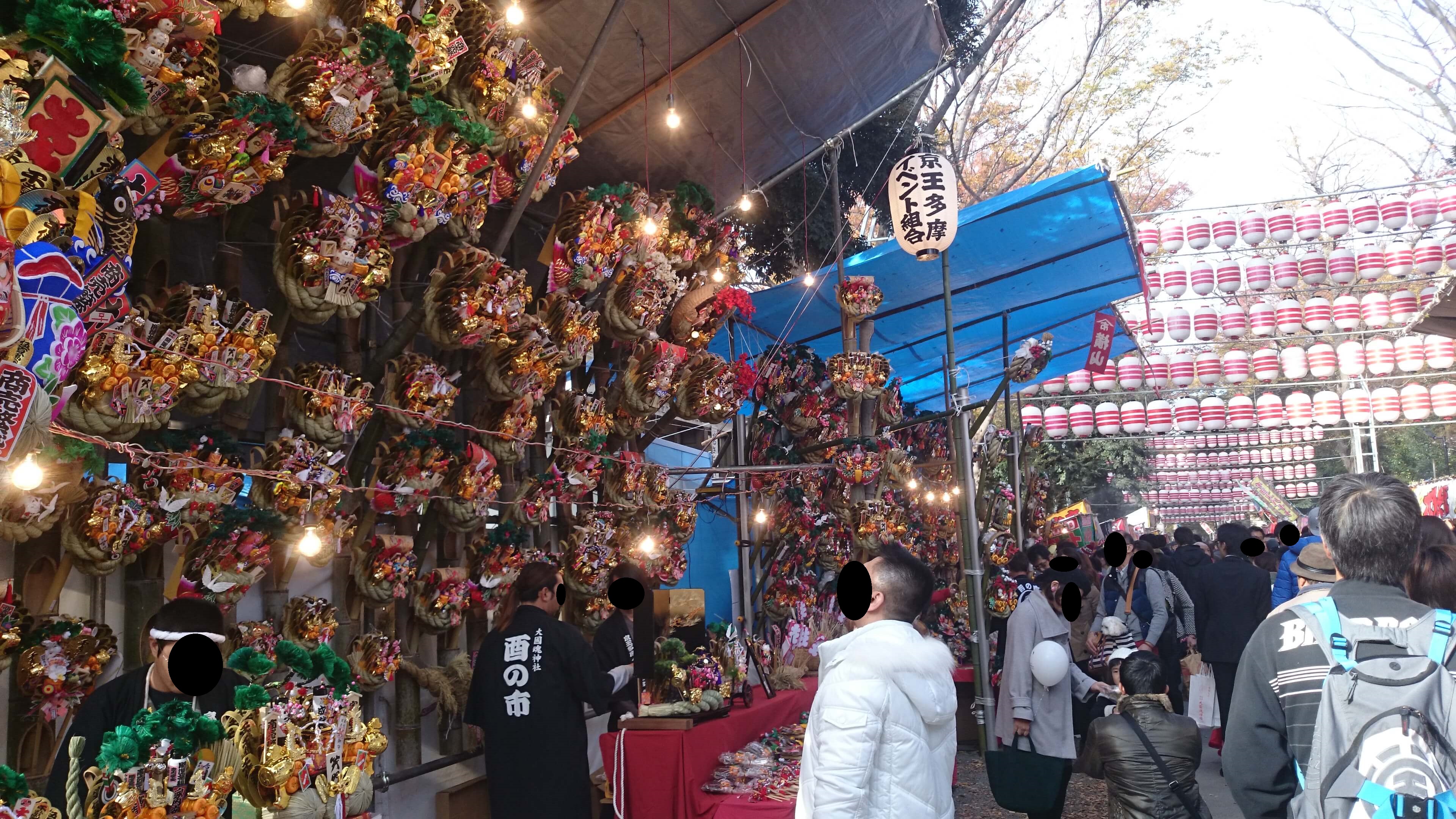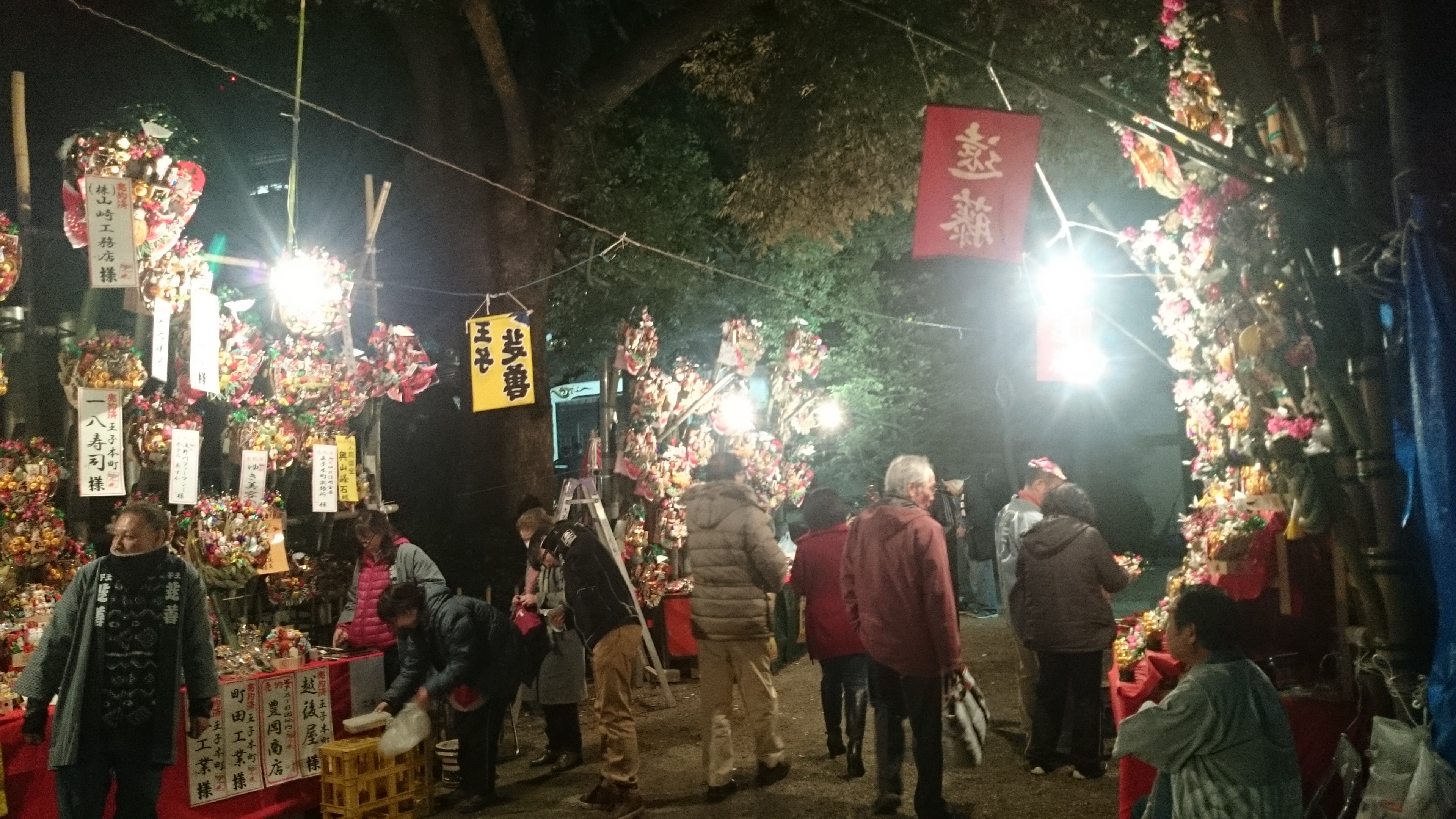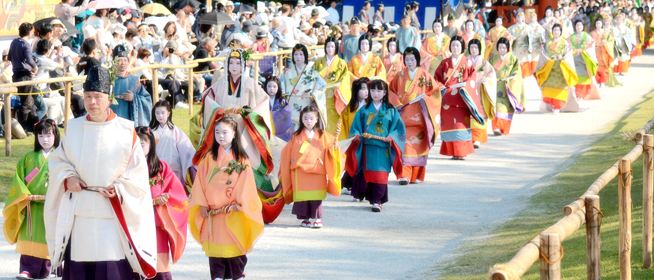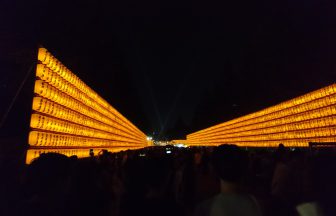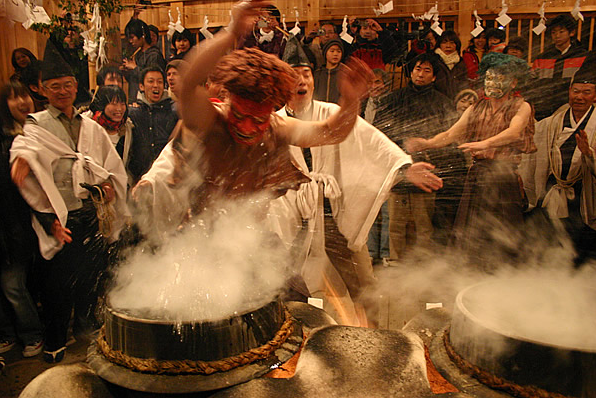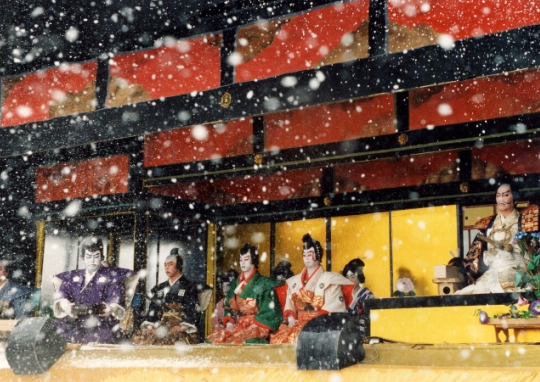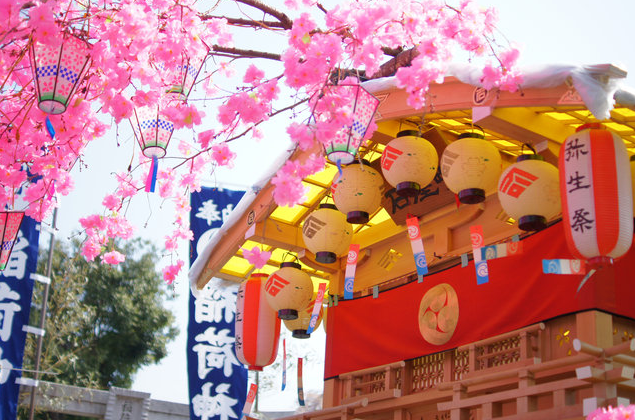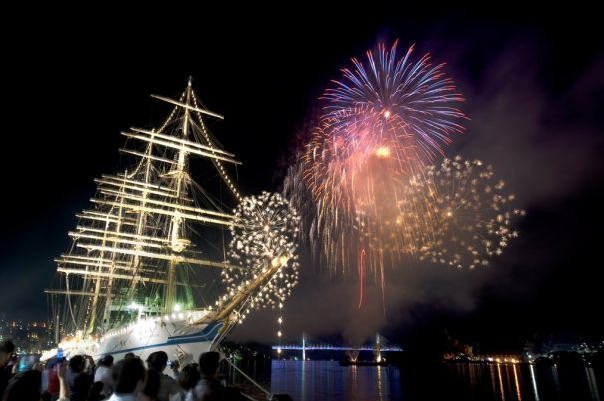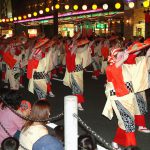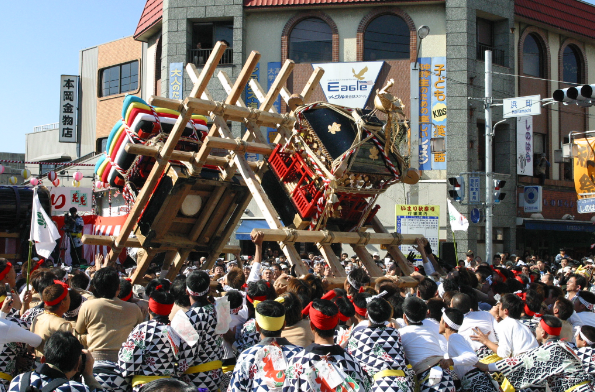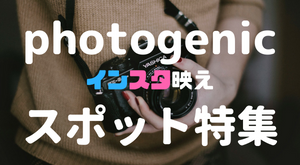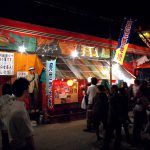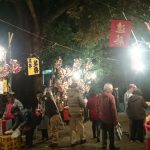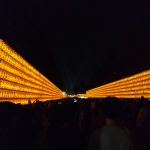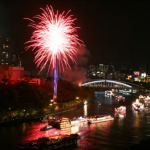Hiroshima City: A City of Peace and Gourmet Delights
Hiroshima City is a government-designated city and the capital of Hiroshima Prefecture. It is located in the western part of Hiroshima Prefecture and has the largest population in the Shikoku and Chugoku regions.
As the first city in the world where an atomic bomb was dropped, it is internationally renowned and holds significant influence as a city of international peace and culture.
The charm of Hiroshima City includes tourist spots such as the Peace Memorial Park, the Atomic Bomb Dome, and Hiroshima Castle. In terms of gourmet food, the city offers specialties like Hiroshima-style okonomiyaki, Hiroshima tsukemen (cold noodles), soupless dandan noodles, and Hiroshima oysters. Dishes like ramen and okonomiyaki are loved by people of all ages and are sure to be delicious for everyone. Particularly, the soupless dandan noodles are a unique dish where you mix the noodles with the sauce, and it’s ready to eat when the sauce has diminished.
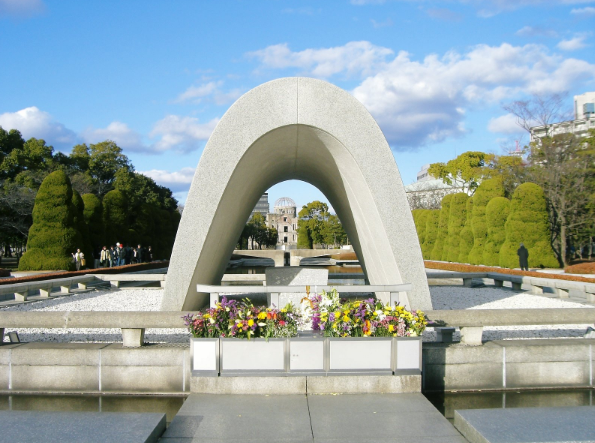
Quote from a view of Hiroshima Peace Memorial Park from the river.
Let’s Visit the Ebisu Festival!
Location: Ebisu Shrine, Naka-ku, Hiroshima City
The official name of the Ebisu Festival is “Ebisu Taisai,” and it is counted as one of the three major festivals in Hiroshima Prefecture. Locally, it is affectionately known as “Ebesan.”
This festival has been held continuously since the Ebisu Shrine was established in Keicho 8 (1603). Remarkably, it has been passed down without interruption for over 400 years. Even when the city was devastated by the atomic bomb, the festival continued in a temporary makeshift shrine, highlighting the importance of this tradition.
Ebisu Shrine is dedicated to Ebisu, one of the Seven Lucky Gods, known as the deity of prosperous business. Did you know that Ebisu is the only god among the Seven Lucky Gods to have originated in Japan?
komazarae
During the festival, lucky rakes (komazarae) decorated with talismans for prosperous business are sold at Ebisu Shrine. Additionally, the shopping streets hold big sales and bargain events, creating a very lively atmosphere.
The highlight of this festival is the “Kagura.” Kagura is a traditional performance involving songs and dances dedicated to the deities of Japanese mythology. It has been performed since ancient times as a ritual to pray for bountiful harvests and abundant catches, and to ward off illnesses. Dancers wear masks of Ebisu and perform the dance.
Furthermore, the “Miss Fukumusume” is selected. Three women over the age of 18 are chosen to enliven the festival. High school students are not eligible. Those chosen as Fukumusume receive prizes and commemorative gifts.
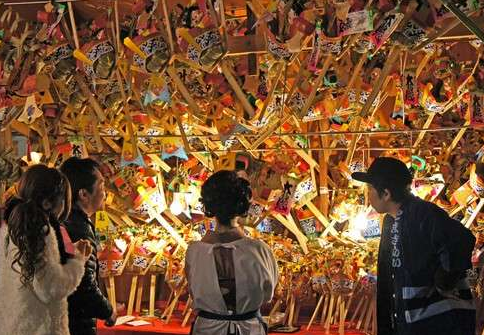
Summary
The Ebisu Festival, which has continued uninterrupted for 400 years, attracts as many as 100,000 people during its duration. I believe it has continued this long because it is cherished and protected by the local community. I encourage everyone to visit and experience it for themselves.


